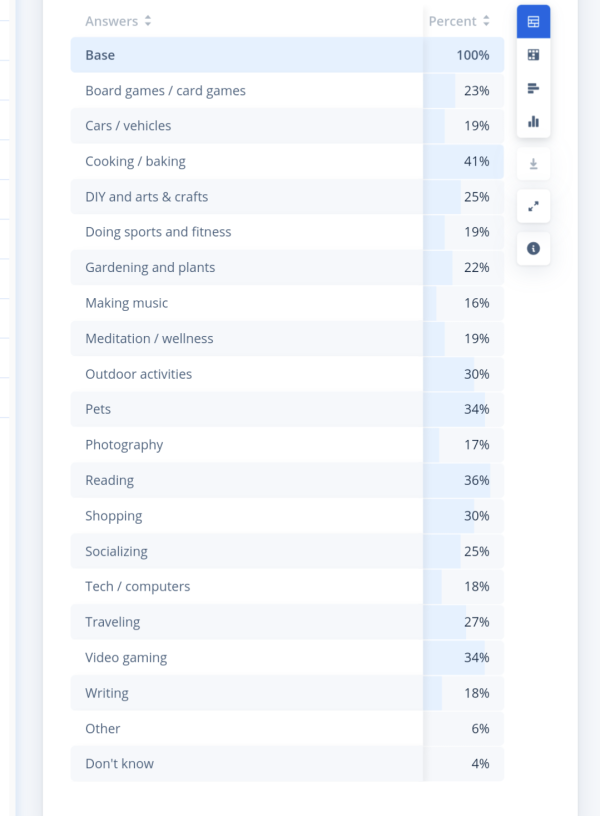I really don't belong on this forum (based on my gear and depths so many of you plumb that hold no interest to me) but some of you might take a sliver of hope with this story.
My son, now 27 and living on his own, even though he grew up in a house with a couple decent analog and digital systems, would listen to his phone (Spotify and YT) using cheap ear buds with only one in his ear. After he moved out, I gave him a Bose Colorsound bluetooth speaker that I didn't care for. All of a sudden, he was at least listening to a speaker instead of one channel. On his visit home this past Thanksgiving, I was trying to get him to understand what he was missing and had two pieces of gear I wanted to give him - a Marantz PM5005 which I'd replaced with a PM6007 as they were being heavily discounted. I also had a pair of the legendary Minimus 7s which, while small, work pretty well in a small apartment and are neighbor friendly. I showed him how to stream with a hardwired iPad and demonstrated said system. Pointed out the basic hookups and give him some decent speaker wire and a 3.5mm to RCA cable. He's not going to do records or CDs but he has a huge library on Spotify with an account that gives him better audio and no commercials. The story ends with him having his eyes opened to the possibility of true stereo, even at this entry level. He could become a powered speaker guy but the PM5005 is quite decent for an entry level IA. He's also hooked up his TV and is thrilled. One day, he'll have to decide what to do with my gear, albums, CDs, and tapes. He listens to much of the same music I do but I doubt he'll fuss with turntables, CDs, or tape decks. But the amps I own are a few notches up as are the speakers. I think he's got the bug but which way it turns is anyone's guess. But the main point is, he gets it now.
One of the problems too many audiophiles have is a reputation for snobbery and unfriendliness. If that doesn't change, if we aren't more welcoming and continuing telling younger people (or each other) if they don't get this or that then their systems are crap, well we're responsible for the demise of the form of audio reproduction we all like. One can put together a decent streaming system for less than a thousand dollars if they have a phone and/or iPad and a vinyl/CD system for another thousand. Not including software of course. That's the way I see things having a 27 year old and 25 year old.










